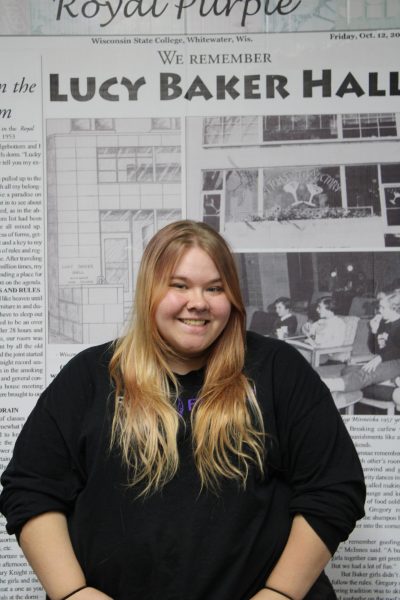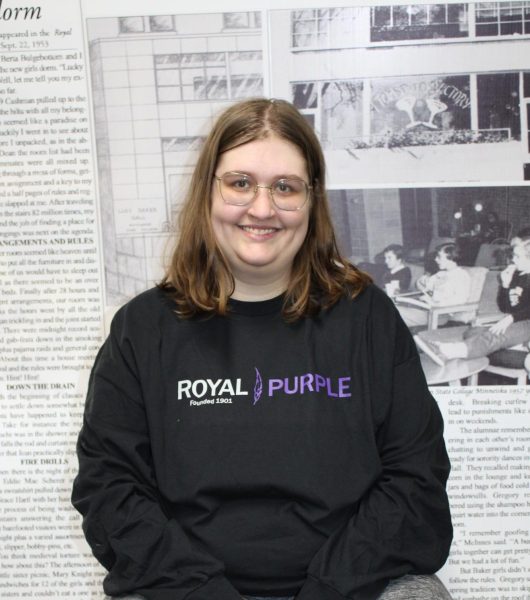In today’s world, there are three digits that determine your ability to do a lot of things. From renting an apartment, buying a car and even getting loans, understanding personal finance is an essential skill for everyone to have in their lives. According to a 2023 survey by the National Financial Educators Council (NFEC), nearly 60% of Americans expressed regret for not having received more financial education before entering adulthood.
At the new Whitewater Area Chamber of Commerce location on April 16, Sarah Wambura and Kelsey Schultz from Associated Bank held a financial literacy training workshop. They gave presentations on budgeting strategies and understanding credit and answered questions about all aspects of personal finance.
Two effective ways to budget, emphasized by Wambura and Schultz, are the envelope method, a tactile way to track spending by physically dividing cash into spending categories and the 50/20/30 rule. The 50/20/30 rule is where 50% of your take-home-pay goes to your needs, 20% goes to savings or debt payments and then 30% goes to your wants.
“Having physical cash is a lot easier to handle because you know as soon as you give it away, it’s gone rather than using your debit card,” Schultz said. “You can always get your debit card back and continue swiping it but once cash runs out, it’s gone.”
Wambura advised that college students use credit cards responsibly, avoiding exceeding 30% of their credit limit and making on-time payments. She also suggested using credit cards for predictable expenses like subscriptions to build credit without accumulating unnecessary debt.
“When you swipe, you don’t think,” Wambura said. “This creates a snowball of debt that makes it really hard to pay off. Staying below 30% of your limit is going to be the biggest thing that keeps you out of trouble.”
Beyond credit and budgeting, Schultz offered advice on saving money in everyday life like using public resources such as libraries and food pantries, living with roommates , taking advantage of coupons and discounts and skipping unnecessary luxury items.
“It took me a really long time to not want to buy luxury things because everybody else is doing it,” Schultz said. “I can get luxury things in the future if I really wanted to, but I don’t need a Netflix subscription when I can borrow a movie at the library. The best thing to do is to look for cheaper options.”
Wambura and Schultz emphasized the importance of being financially independent throughout their presentations, mentioning that starting a budget and building credit early is extremely important.
“Things creep up fast,” Wambura said. “As you get older, life gets more complicated and expensive. There is always going to be inflation so saving money now may be worth more in the future.”
When it comes to personal finance, things may be intimidating at first. UW-Whitewater recently partnered with Associated Bank through its Workplace Financial Solutions program, meaning that any UW-Whitewater student or staff member can open an account and earn up to $600 if they are a new customer.
Best of all, these one-on-one sessions are not limited to UW-Whitewater students and staff– anyone in the community can come and ask questions.
“There is no such thing as a stupid question,” Wambura said. “It just means that you’re paying attention, willing to learn and asking questions.”



